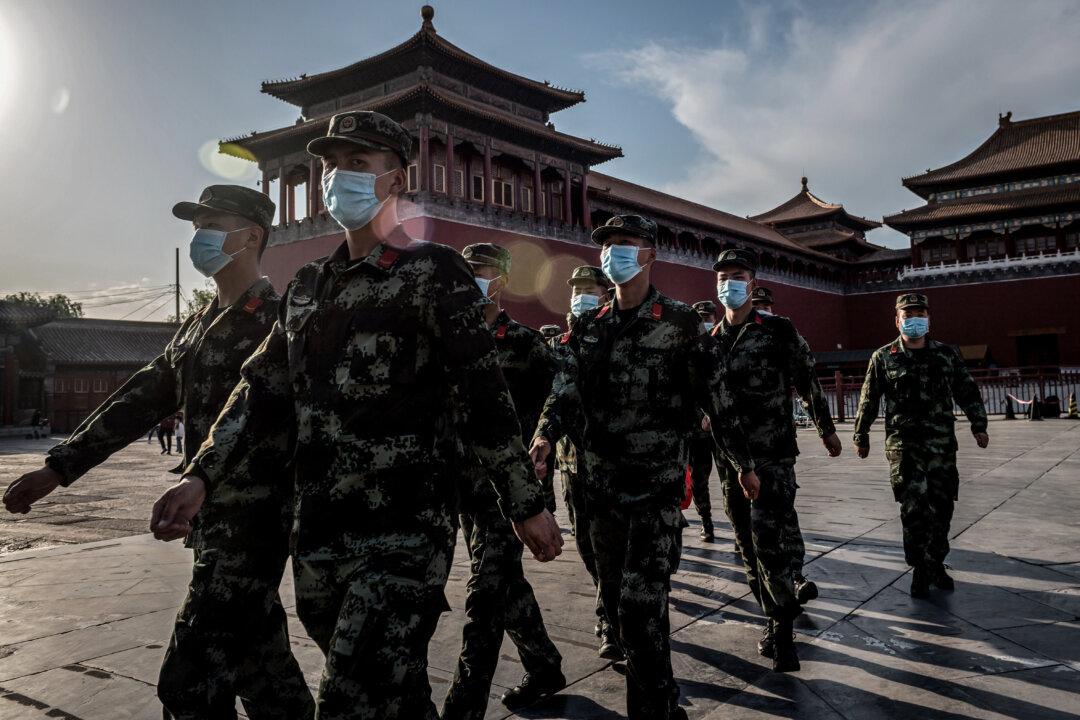A Federal Court judge has overturned a decision by the Immigration Department’s appeal division a year ago that allowed a former Chinese military officer entry into Canada as a permanent resident. The 20-year veteran of China’s People’s Liberation Army (PLA) is also a former instructor at a key Chinese military university specializing in cyber and electronic warfare.
In the 2023 decision, the Immigration Appeal Division had concluded that there were “no reasonable grounds to believe” Huajie Xu, 43 at the time, should be deemed inadmissible to Canada on security grounds.





